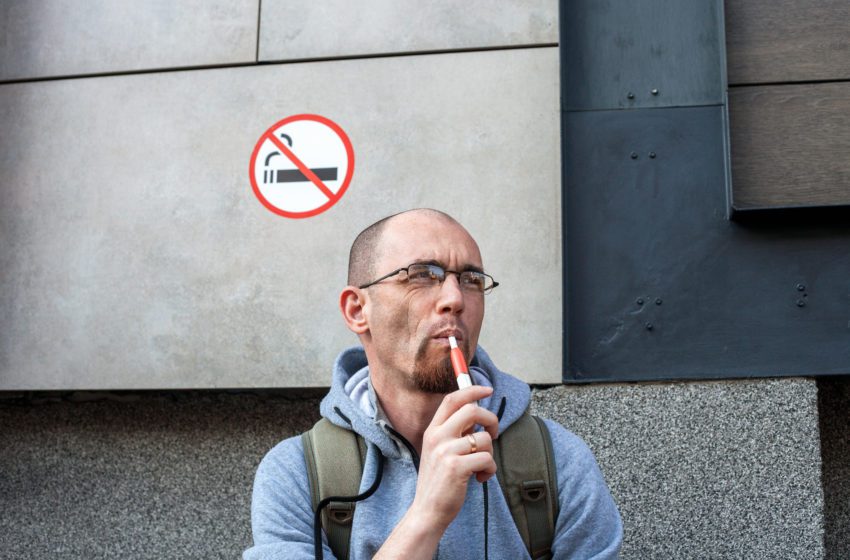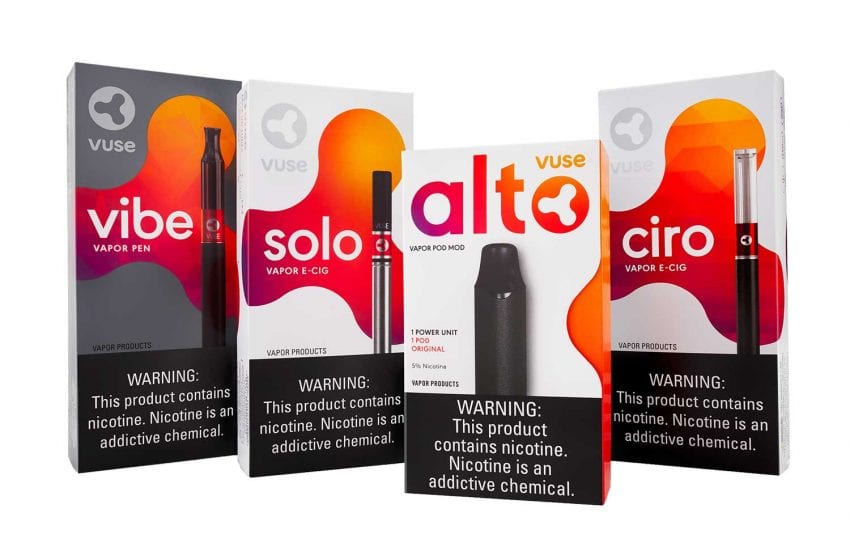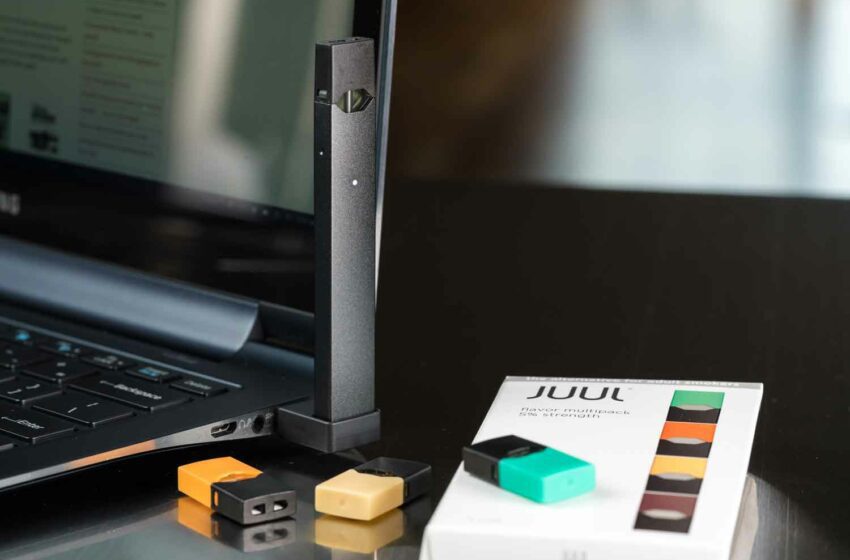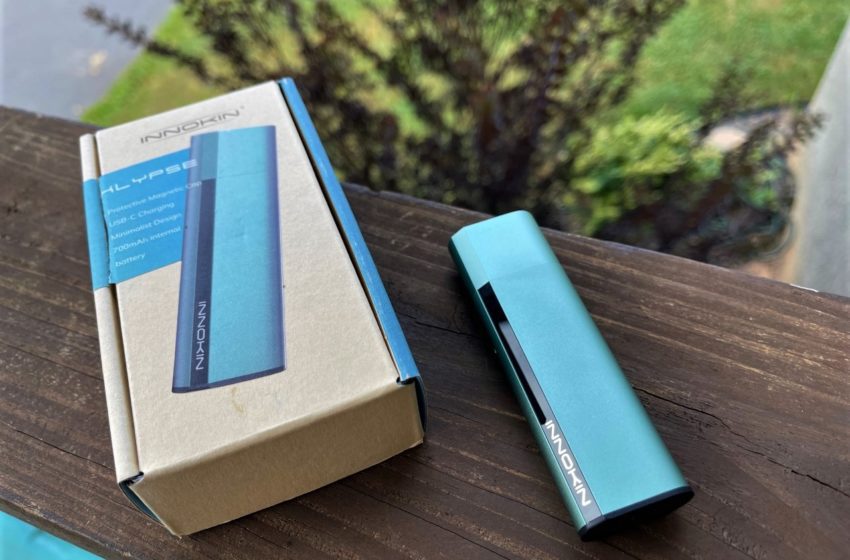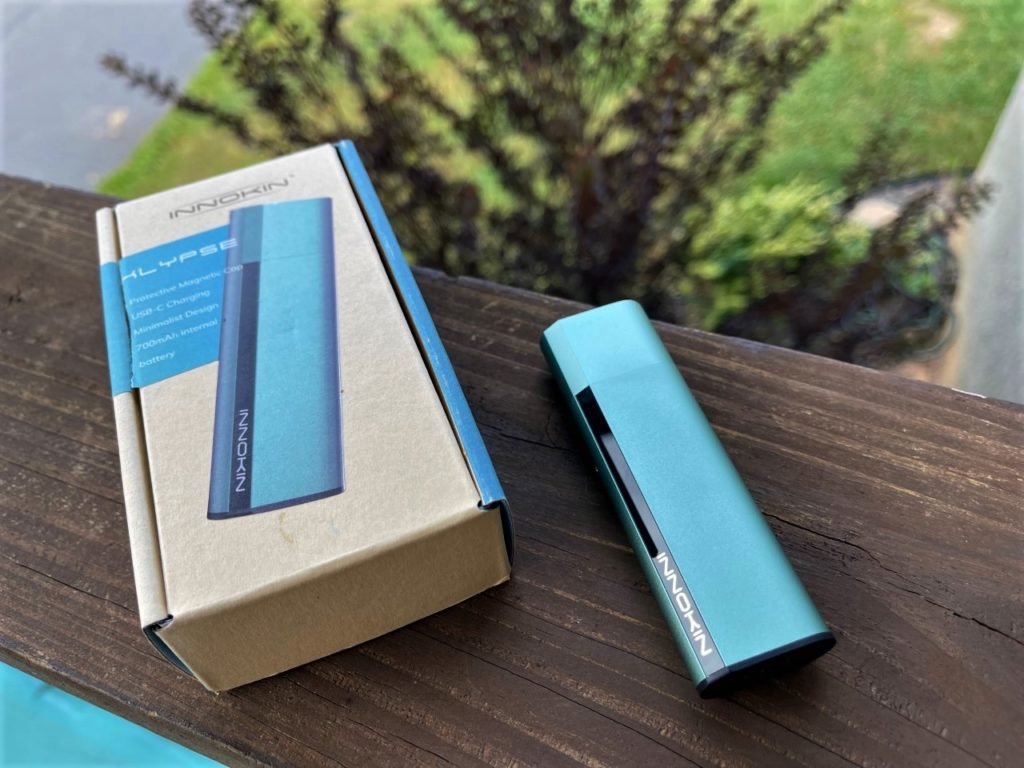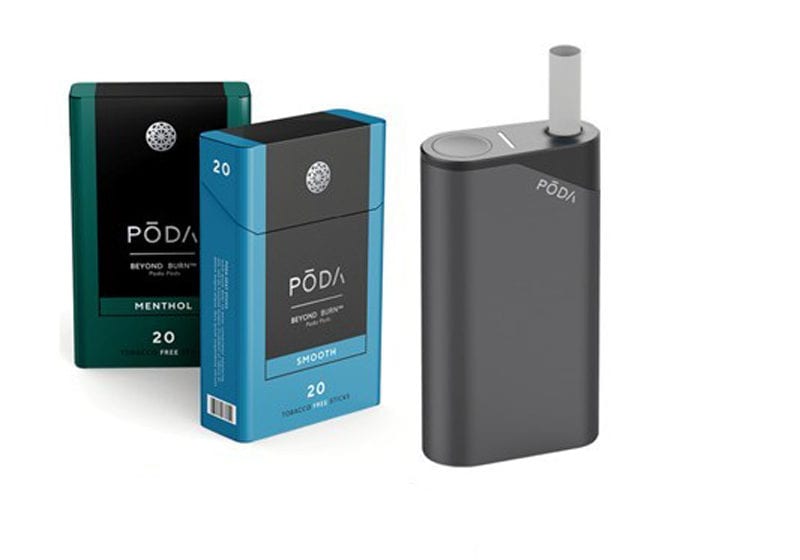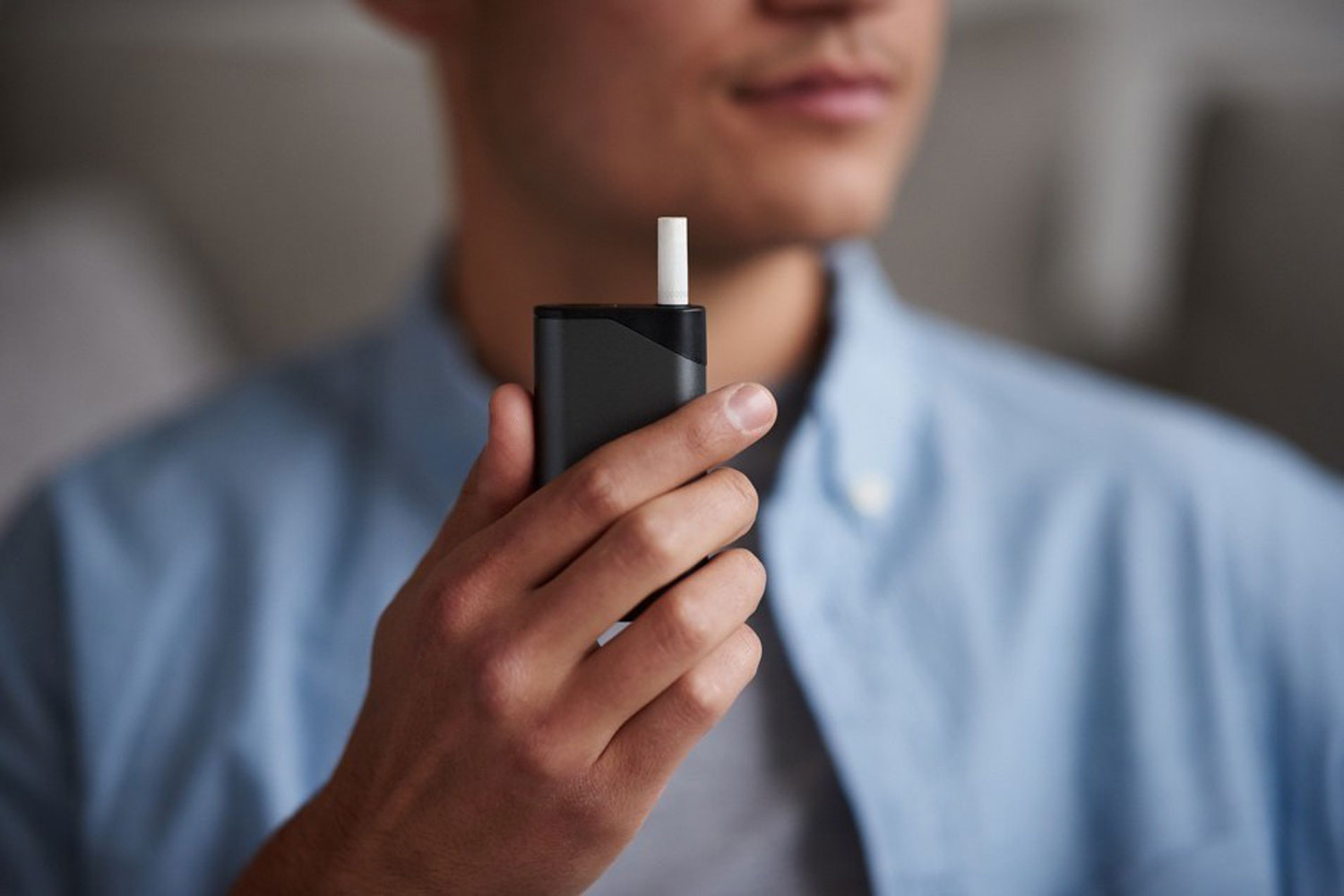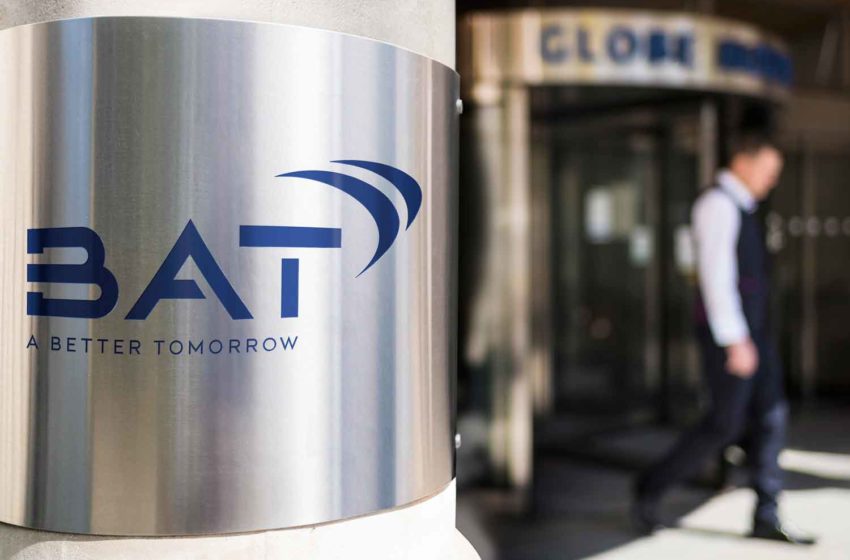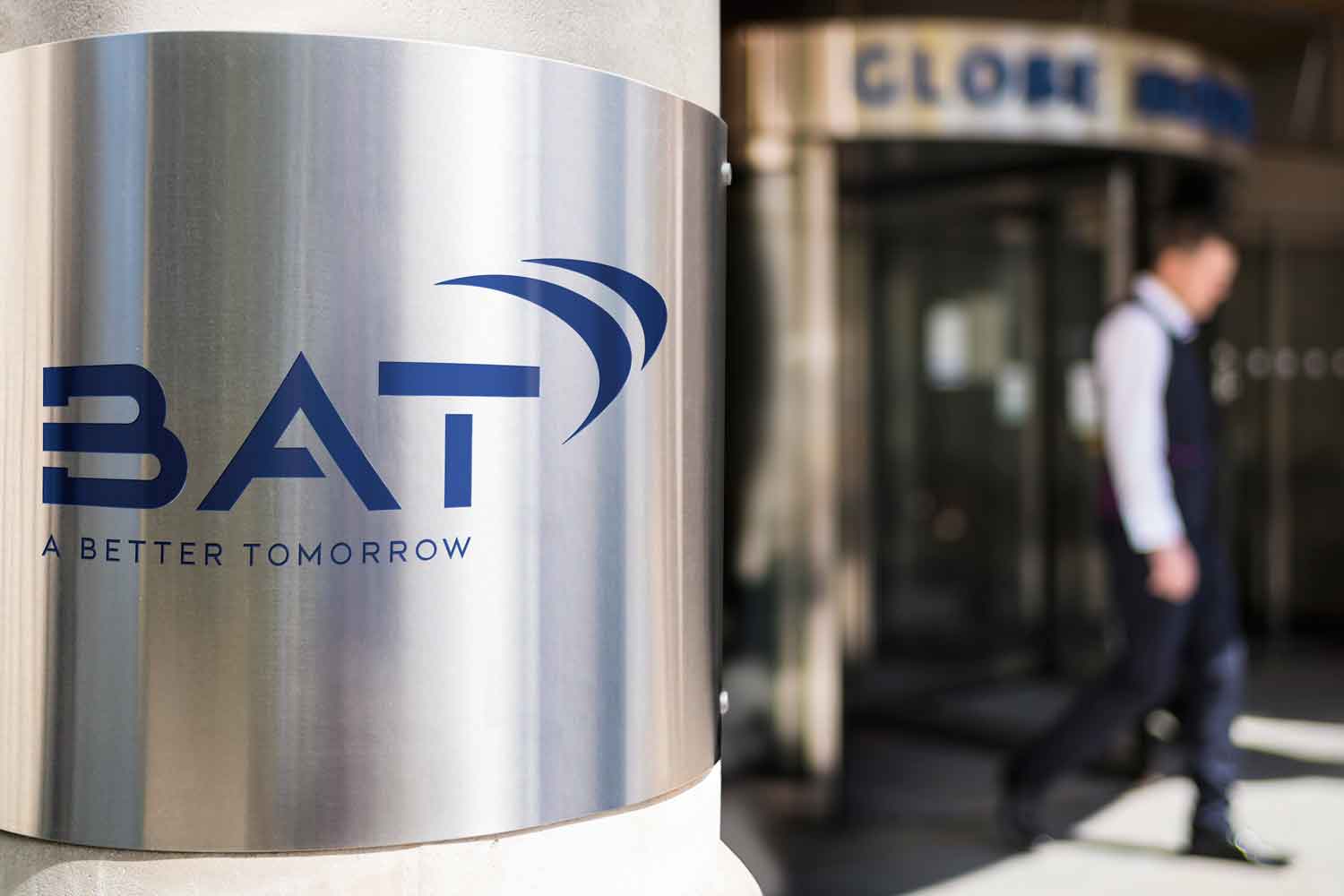
The European Commission on June 29 proposed a ban on the sale of flavored heated tobacco products.
Contrary to other media reports, the proposal does not include e-cigarettes or vaping products that use an e-liquid that contains a liquid nicotine. The ban only applies to heated tobacco products, such as Glo or IQOS.
The move is part of Europe’s “beating cancer plan,” which envisions less than 5 percent of the EU population using tobacco by 2040.
“With nine out of 10 lung cancers caused by tobacco, we want to make smoking as unattractive as possible to protect the health of our citizens and save lives,” said EU health commissioner Stella Kyriakides.
According to EU figures, cancer is the second-leading cause of death in the bloc of 450 million residents. There are about 1.3 million cancer deaths and 3.5 million new cases per year in the EU.
Kyriakides said that regulators need to “keep pace” with new developments to “address the endless flow of new products entering the market.”
A recent report showed a 10 percent increase in sales volumes of flavored heated tobacco products in more than five EU countries between 2018 and 2020. Overall in the EU, these products exceeded 2.5 percent of total tobacco product sales in 2020.
The Council and the Parliament will debate the Commission’s proposal before it enters into force 20 days after the publication in the Official Journal. EU countries will have eight months to transpose the directive into national law, and a further three months before the provisions will apply.

